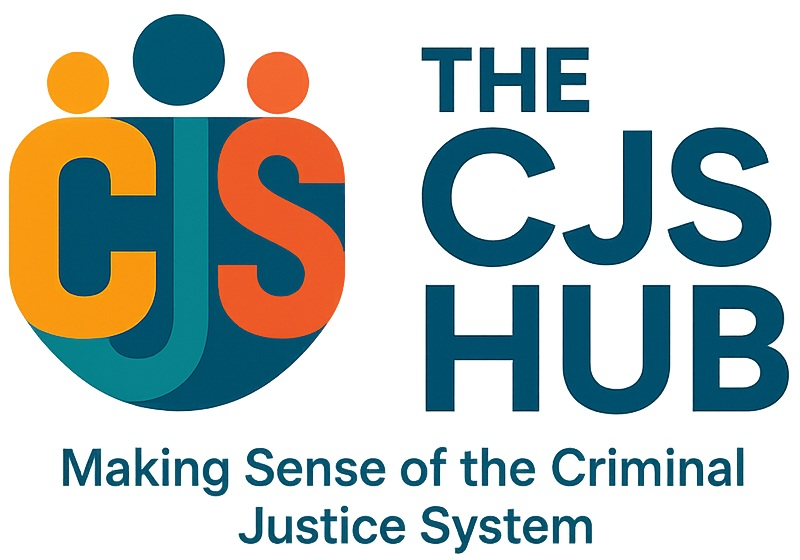Being caught up in the criminal justice system — whether accused yourself or supporting someone who is — brings a whirlwind of emotions. Two of the hardest to manage are shame and anger. Both are completely normal, but if they’re left unaddressed, they can damage your relationships, affect decision-making, and make an already difficult situation feel unbearable.
Understanding where these feelings come from, and learning how to manage them, can make an enormous difference — for your own wellbeing and for those around you.
Why Shame Feels So Heavy
Shame often creeps in quietly. It can come from feeling judged, fearing what others think, or simply being involved in a process you never imagined yourself in. For some, it’s about the allegation itself; for others, it’s about the stigma of being linked to the system at all.
For families and loved ones, shame can come from outside pressure — whispers, rumours, or people stepping back when they find out what’s happening. You might feel embarrassed, defensive, or guilty even though you’ve done nothing wrong.
Shame thrives in silence. Talking openly, especially in safe, understanding spaces, can reduce its power and help you reconnect with your own sense of worth.
Understanding Where Anger Comes From
Anger is another natural response to an unfair or stressful situation. You might feel furious with the police, frustrated by delays, or hurt by people you thought would stand by you. Families, too, often carry anger — at how their loved one is treated, at friends who disappear, or at the system as a whole.
The danger comes when anger builds without an outlet. Left unmanaged, it can strain relationships, cloud decisions, and even put you at risk of making situations worse.
Strategies for Managing Shame & Anger
Here are a few practical approaches for both the accused and supporters:
- Talk about it in safe spaces – Whether it’s with a counsellor, a peer-support group, or a trusted friend, sharing your feelings breaks the hold that shame and anger have when bottled up.
- Create small, stable routines – Having structure in your day brings calm and helps reduce emotional overwhelm.
- Notice triggers – Recognise what sparks your strongest reactions. Is it social media? A news update? A family conversation? Spotting patterns lets you choose how and when to engage.
- Pause before reacting – When anger flares, step back. Deep breathing, a walk, or even removing yourself from the situation can stop arguments from escalating.
- Seek support if it’s overwhelming – If shame or anger is affecting your mental health, relationships, or daily life, it’s worth getting professional help. That might mean speaking to your GP, using talking therapies, or accessing helplines for confidential advice.
Supporting Each Other as a Family
Families can feel trapped between wanting to stay strong and not knowing how to cope themselves. Communication matters — talk openly, share feelings where possible, and acknowledge that everyone involved is under pressure in different ways.
Support groups designed for families navigating the CJS can also be invaluable. Hearing “me too” from people who understand can ease shame and help manage anger more constructively.
Building Emotional Resilience
Shame and anger are powerful emotions, but they don’t have to control you. By taking small, steady steps to manage them, you can protect your mental health, preserve relationships, and focus on moving forward — one day at a time.
The CJS Hub is here to connect you with guides, resources, and peer support spaces for both the accused and their loved ones. You don’t have to figure this out alone.
